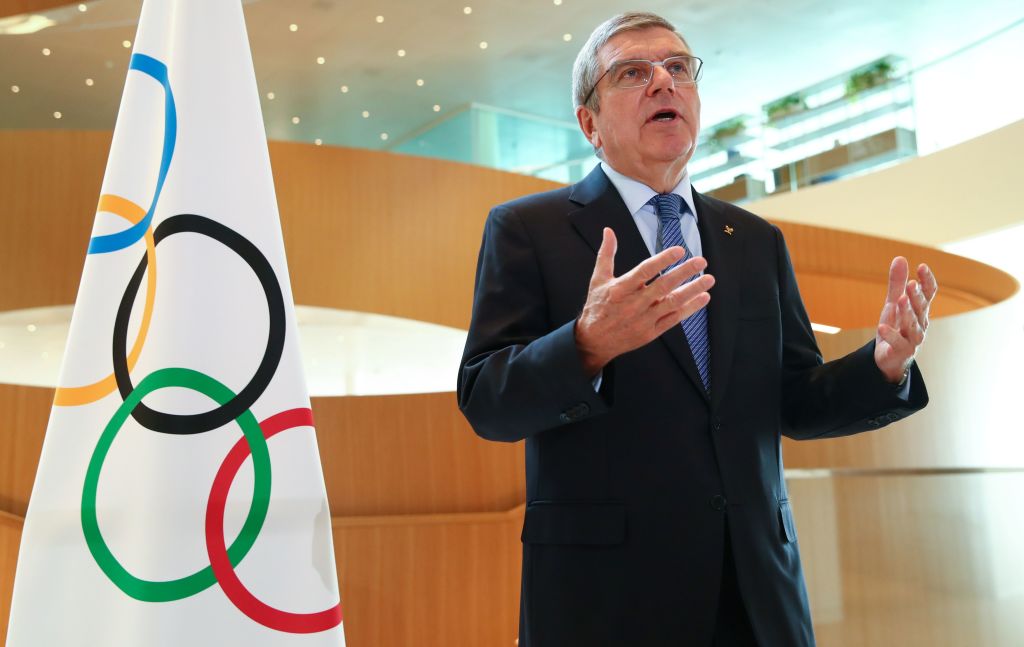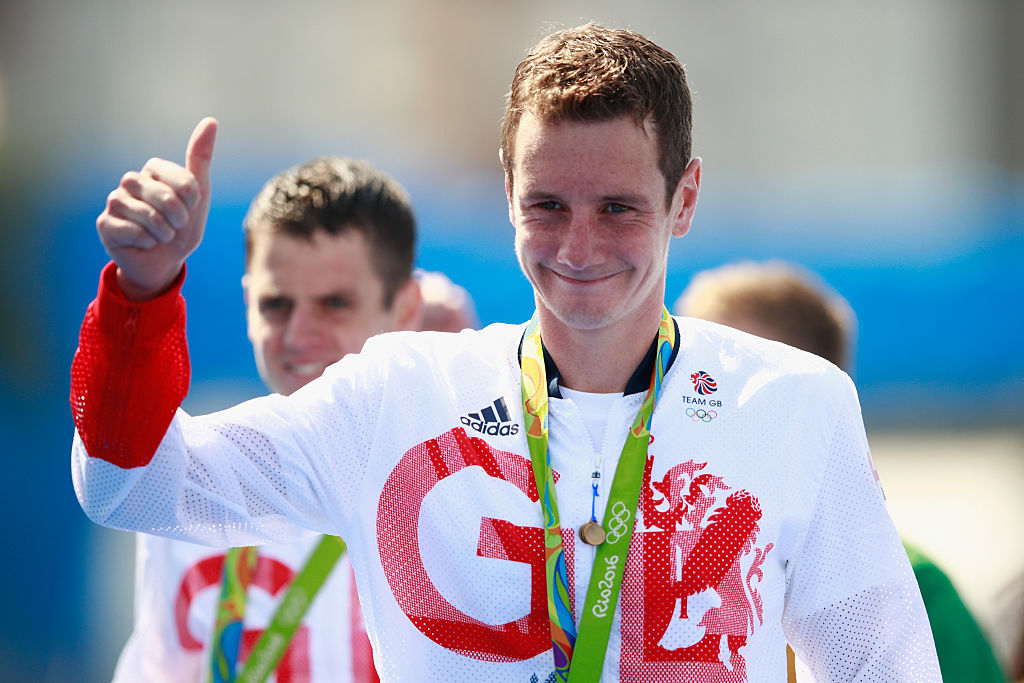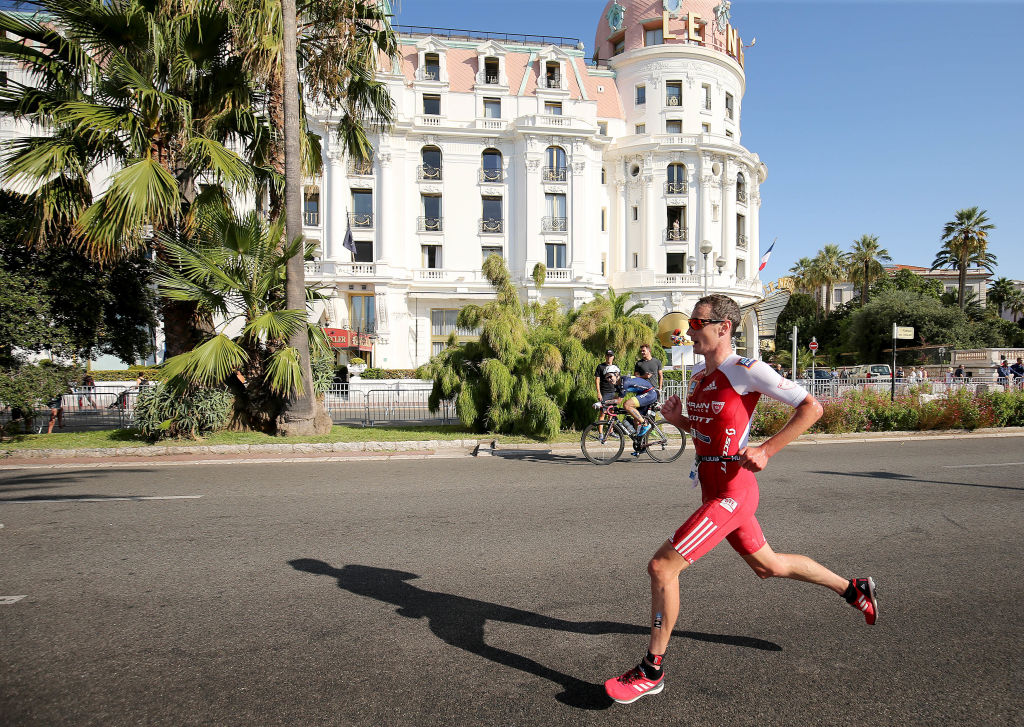UK athletes facing financial uncertainty after postponement of the Tokyo 2020 Olympic Games

When the announcement finally came it provoked a mixture of reactions.
Thousands of athletes around the world had been waiting for the news that the Tokyo Olympic Games would be postponed due to the coronavirus pandemic.
After weeks of doubt, speculation and mounting pressure, the International Olympic Committee made the call on Tuesday to postpone the Games until 2021.
The initial response from the majority of athletes was disappointment. Childhood dreams had been put on hold, years of training extended and mental preparations would have to be reset.
Yet the next feeling was invariably agreement: the Olympics could not have gone ahead while the world was busy fighting a deadly disease.

There was also relief. Finally, after weeks in which merely training as normal had gone from difficult to impossible, athletes now had some clarity. The pressure to continue working towards an uncertain goal had been lifted.
But, although unlikely to be at the front of minds or expressed in social media posts, there was another aspect for athletes to consider.
Financial realities
Triathlete Alistair Brownlee had been busy preparing to try and win a third successive gold medal for Team GB in Tokyo.
Although he agreed with the decision – “every resource should be used to fight the virus” – he conceded there were financial ramifications to deal with.
“I’m in a very lucky position in that I’ve got lots of loyal sponsors for quite a long period of time,” Brownlee told City A.M. this week after returning to Yorkshire from New Mexico, where he was training at altitude with his brother and fellow triathlete Jonny.

“A significant percentage of my income comes from that, which is OK, although I do think some of the smaller sponsors might get into difficulty as well.
“But traditionally in triathlon for me a fair chunk of my income, possibly half, comes from races, prize money and appearance fees. And obviously that’s not going to happen at all this year, so I’m going to lose out on that.
“But I think the point is, other younger athletes who are less established, that problem is going to be a lot more significant for them because they might not have that income.”
Funding uncertainties
As a two-time Olympic champion and household name, Brownlee is thankfully in a relatively secure position, despite not knowing whether he will be able to race again this year.
However, lesser known athletes’ finances could come under greater strain in the run-up to the Olympics in 2021.

Brownlee says “a lot of people’s significant income” comes from UK Sport funding, which acts like a wage for those aiming for medals every four years.
UK athletes will therefore have been concerned to see an interview UK Sport chair Dame Katherine Grainger gave to BBC Radio 5 Live on Wednesday, in which she said funding had entered “uncharted territory” after the postponement.
Grainger explained that the current cycle awarded Olympic and Paralympic athletes funding for the four years up until March 2021, meaning some could face an uncertain future if Tokyo 2020 goes ahead, as expected, in the summer of next year.
Lottery downturn
Coronavirus could have had another impact too. Lottery funding accounts for 69 per cent of the £374m outlay in the current four-year cycle, but that source could be significantly reduced.
The Times reported that the pandemic had caused a dramatic reduction in the sale of lottery tickets, and although the government will underwrite a shortfall in lottery income until March 2021, there could be a “funding black hole” thereafter.
For the time being athletes will understandably be focused on the emotional aspect of the news, but as the days of inactivity turn into weeks and months the financial impacts will begin to crystallize.